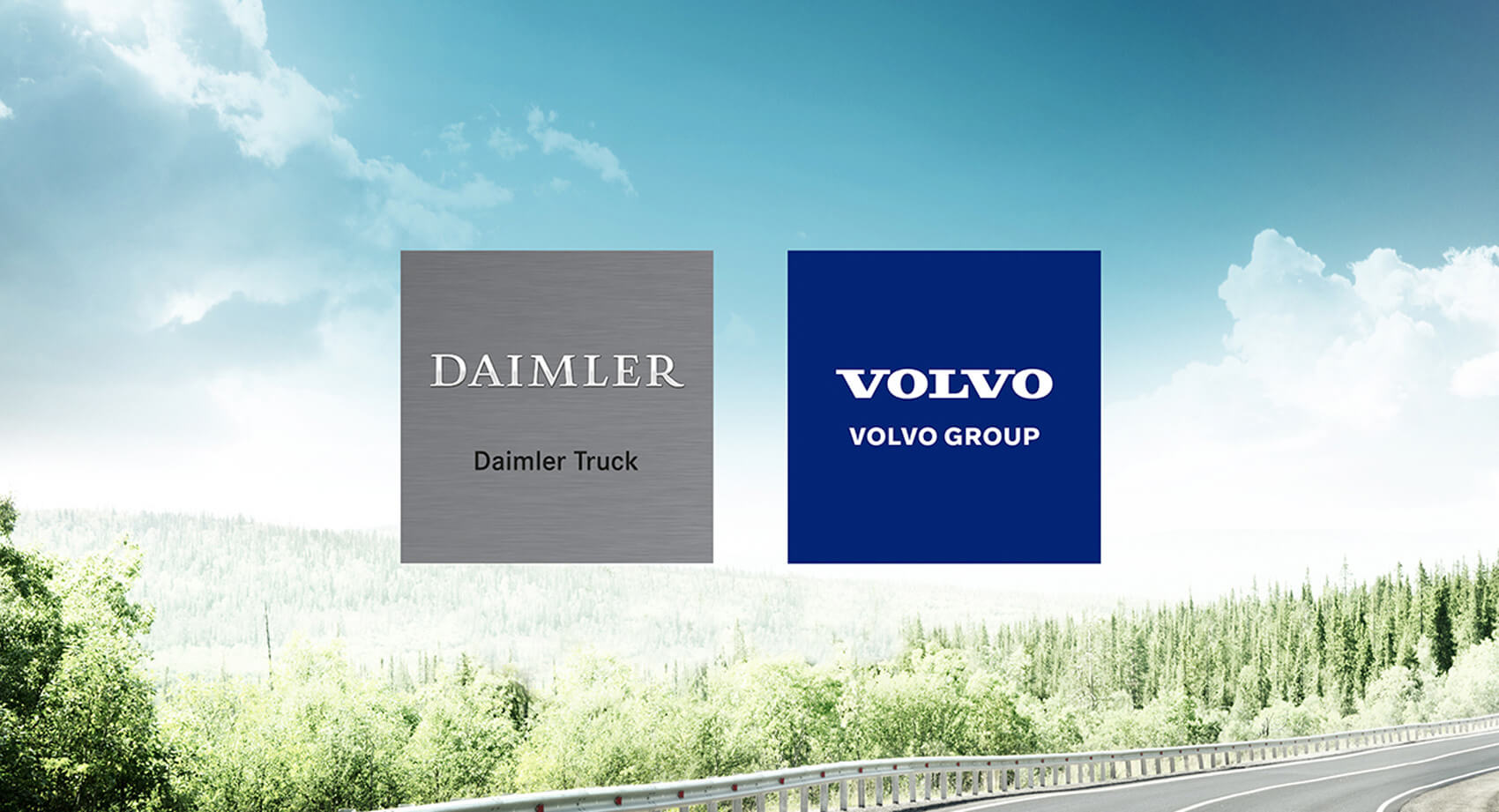“It is a very positive development and a really strong signal that truck makers/powertrain providers are seriously building the capability to provide zero emissions operations across all operating modes,” said Bill Van Amburg, executive vice president and head of trucking programs for Pasadena-based clean transportation non-profit Calstart.
Truck News “I think a significant corner has been turned in the quest to bring hydrogen to the highway in heavy trucks. And I’m not referring to Nikola, significant though it is, rather to the deep pockets and vast engineering capabilities of Daimler Trucks AG and the Volvo Group. Each of the latter two outfits dwarfs the little Arizona company, but together they become a giant with resources galore.”
And they have indeed come together, however unlikely that may seem. The two companies announced in late April a 50/50 joint venture to develop, produce, and commercialize fuel cell systems for heavy-duty vehicle applications and other uses like stationary power. Daimler will consolidate all its current fuel cell activities in the joint venture, while the Volvo Group will acquire 50% of it for about US$650 million.

The companies said they are looking for a long-term solution for long-haul trucking that meets the vision of “sustainable transport and a carbon-neutral Europe by 2050.”
But both companies sell trucks in the U.S. Technical advances made by the manufacturer in Europe typically appear in their North American offerings.
Daimler owns the Freightliner and Western Star brands. Volvo has Volvo and Mack trucks. Daimler is launching its eCascadia Freightliner electric truck here using technology from a Mercedes-Benz model developed in Germany. Volvo also is using technology developed in Sweden to launch an electric version of its VNR in the U.S.
Fuel cell technology is seen as a good application for long haul trucks. The vehicles can be fueled rapidly like a diesel truck. Battery-electric trucks take longer to charge. The fuel cell system also is lighter than batteries, avoiding a weight penalty for trucks that need to haul large loads.
“Electrification of road transport is a key element in delivering the so-called Green Deal, a carbon-neutral Europe and ultimately a carbon-neutral world,” said Martin Lundstedt, Volvo Group’s chief executive. “Using hydrogen as a carrier of green electricity to power electric trucks in long-haul operations is one important part of the puzzle, and a complement to battery electric vehicles and renewable fuels.”
But Lundstedt said other companies will also have to push the technology and help develop a hydrogen fueling infrastructure to make fuel cell vehicles viable.
That’s already starting to happen. California is in the initial stages of building a hydrogen fuel station network.
